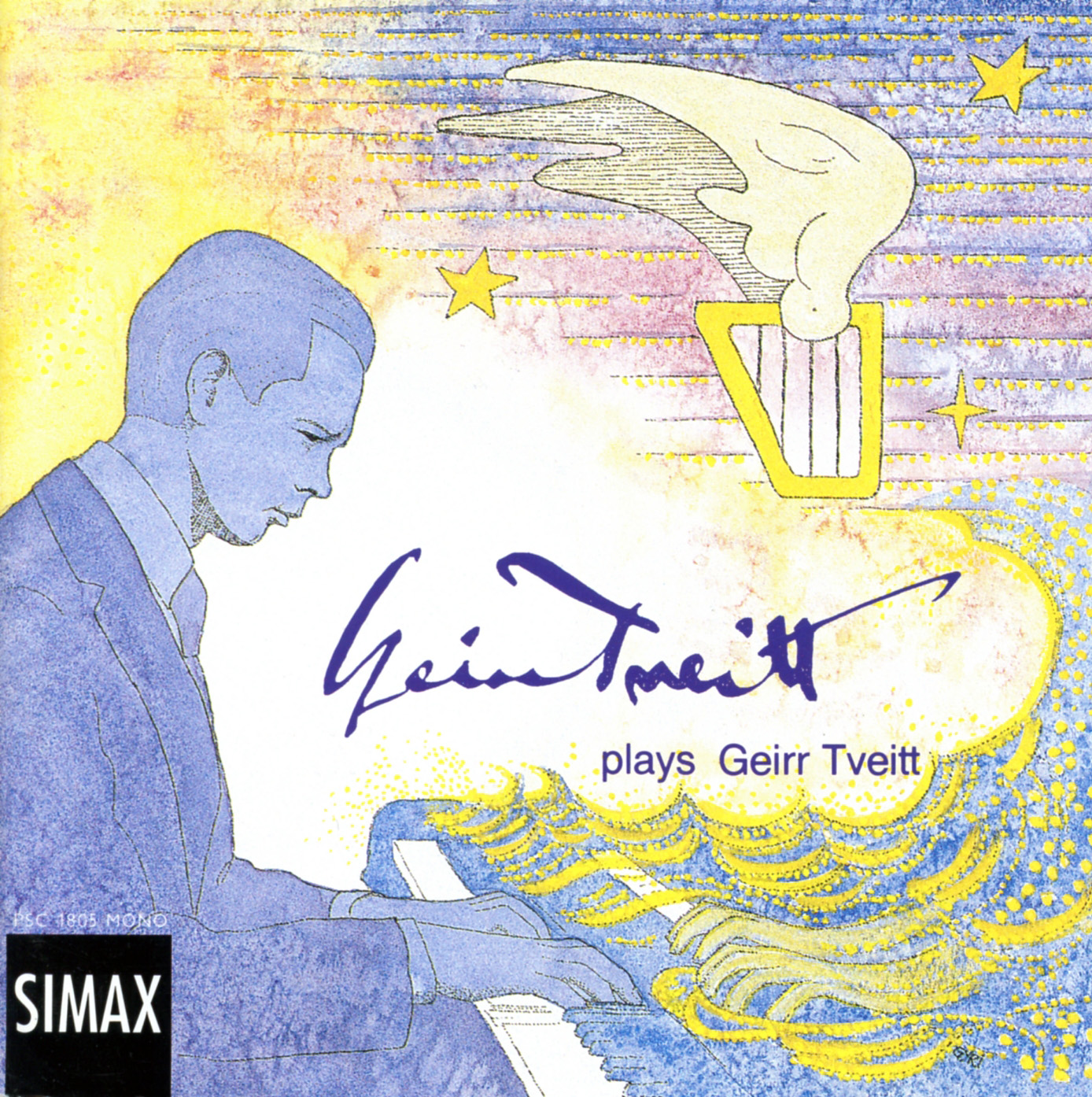Geirr Tveitt With his prolific output and a vividness of imagination that is all his own, plus a nationalism unsurpassed in the musical life of Norway, Geirr Tveitt (1908-1981) is one of the most distinctive Norwegian composers of this century. He grew up in Hardanger, in the fjord country of western Norway, where he inherited important ideas from the folk music traditions of his native district. He originally intended to become an architect, but instead, from 1928 to 1935, he…
Geirr Tveitt
With his prolific output and a vividness of imagination that is all his own, plus a nationalism unsurpassed in the musical life of Norway, Geirr Tveitt (1908-1981) is one of the most distinctive Norwegian composers of this century.
He grew up in Hardanger, in the fjord country of western Norway, where he inherited important ideas from the folk music traditions of his native district. He originally intended to become an architect, but instead, from 1928 to 1935, he devoted himself to the study of music, his teachers including Grabner in Leipzig, Wellesz in Vienna, and Honegger and Villa-Lobos in Paris. He appeared as a concert pianist in several countries, notably France and England, and he conducted performances of his own works in Norway and abroad.
At an early stage Tveitt developed his keen interest in the modal scales which have always been the hallmark of his compositions. In a thesis he wrote in 1937, he set out to explain the basis of his compositional technique. Starting with the fundamental premise that modal scales are actually Old Norse modes (to which he allotted Old Norse names) and taking the Lydian mode as his point of departure, he developed his own personal system of cadences, based on parallel movements (in fifths or fourths) of leading-notes.
Some of his compositions from the 1930´s (among them the ballets Baldurs Draumar and Birgingu and the opera Dragaredokko) are imbued with an ultra-nationalism which, though undoubtedly typical of the age, nonetheless met with considerable opposition in some quarters.
In 1942, after spending some years in Oslo where he worked as a teacher and music critic, Tveitt returned to Hardanger. There, using as a base his collection of close on one thousand folk tunes — mostly vocal — he wrote one of his major and most successful compositions, Hundrad Hardingtonar for orchestra (Op. 151). This work is divided into suites, most of them consisting of 15 pieces. Many of the suites are characterized by a highly refined sense of harmony and instrumentation, which won for him a well-deserved reputation as a distinguished representative of Scandinavian music. Tveitt has written five operas, one of which Jeppe (based on the comedy by Ludvig Holberg) was given its first performance at the Bergen Music Festival in 1966; it achieved a more resounding success two years later, however, when a revised version was presented in Oslo. Other works include Symphony No. 1 (“Christmas Eve”), six piano concertos, a harp concerto, a violin concerto, two concertos for the Hardanger fiddle (the second of which, Three Fjords, Op. 252, was premiered in Brussels in 1965), and a wide range of piano sonatas and vocal compositions.

Geirr Tveitt plays Geirr Tveitt
Geirr Tveitt